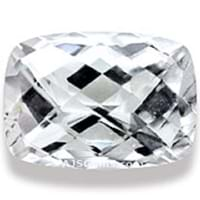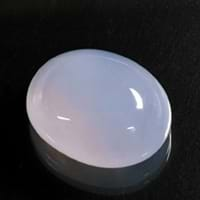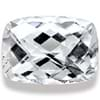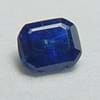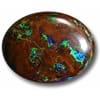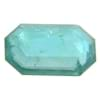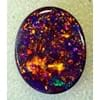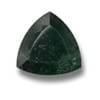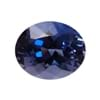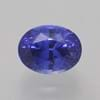Origin
Canada, Brazil, Madagascar, Mozambique, Russia, India, Pakistan, China, Sri Lanka, Color: yellow, green, pink or colorless, Hardness: 7.5, Refractive index: 1.57 1.59, Density: 2.67 2.75, Chemical composition: Be3Al2(SiO3)6, Crystal structure: hexagonal, Lustre: vitreous, Origins: Canada, Namibia, China. Among other varieties of beryl such as emerald, aquamarine or bixbite, beryl exists in different varieties such as: light yellow (heliodor), light green (vanadium beryl), light pink (morganite) or colorless (goshenite). Heat treatment could be applied to pink beryls to improve their color.
Zimbabwe
Color
Green, Blue, Yellow, Colorless, pink
Violet, White, gray, Blue, Brown, Black
For which Rashi?
All
Cancer, Sagittarius
Planet
Not Available
Moon
Element of Planets
Not Available
Water
Energy
Receptive
Receptive
Finger
Not Available
Not Available
Ring Metal
Not Available
Not Available
Deities
Not Available
Goddess Whope
Not to wear with
Not Available
Not Available
Powers
Healing
Protection
Planetary
Not Available
Not Available
Talisman
Not Available
Not Available
Tenacity
Brittle
Not Available
Solubility
Not Available
Soluble
Durability
Not Available
Not Available
Specific Gravity
2.60-2.90
2.55-2.70
Fracture
Uneven, Conchoidal, Irregular, Gems, Brittle
Uneven, Splintery, Conchoidal, UnevenWalter Schumann
Cleavage
Imperfect on {0001}
Absent
Mohs Hardness
7.5-8
6.5-7
Chemical Composition
Be3Al2Si6O18
SiO2
Luster
Vitreous, Resinous
Vitreous
Pleochroism
Weak to distinct
AbsentWalter Schumann
Transparency
Transparent, Transparent to opaque
Translucent, Translucent to opaque
Refractive Index
1.560-1.604
1.530-1.543
Optic Character
Not Available
Not Available
Crystal System
Hexagonal
Trigonal
Birefringence
0.0040-0.0070
0.003-0.009
Clarity
Transparent
Translucent
Neurological
Not Available
Not Available
Cardiovascular
Not Available
Not Available
Respiratory
Not Available
Not Available
Reproductive
Not Available
Not Available
Digestive
Not Available
Not Available
Psychology
Not Available
Not Available
Healing
Not Available
Not Available
Qualities Associated
Not Available
Not Available
Beryl Vs Chalcedony Fracture
Fracture is an important parameter when you compare Beryl and Chalcedony Physical Properties. It is necessary to understand the significance of these properties, before you compare Beryl Vs Chalcedony fracture. Whenever a gemstone chip breaks, it leaves a characteristic line along its breakage. Such lines are known as fracture and are used to identify the gemstones in their initial stages of production when they are in the form of rough minerals. Fracture is usually described with the terms “fibrous” and “splintery” to denote a fracture that usually leaves elongated and sharp edges. Fracture observed in Beryl is Uneven, Conchoidal, Irregular, Gems and Brittle. Chalcedony fracture is Uneven, Splintery, Conchoidal and UnevenWalter Schumann.
Beryl Vs Chalcedony Luster
A primary knowledge about Beryl vs Chalcedony luster is useful in apparent identifications of these gemstones. Luster is the measure of light that gets reflected when incident on a finished cut gemstone. There are two major types of lusters: Silky and Adamantine. Since luster varies between two crystals of even the same gemstone, luster is limited to basic identification criteria. Beryl exhibits Vitreous and Resinous luster. Chalcedony, on other hand, exhibits Vitreous luster.
